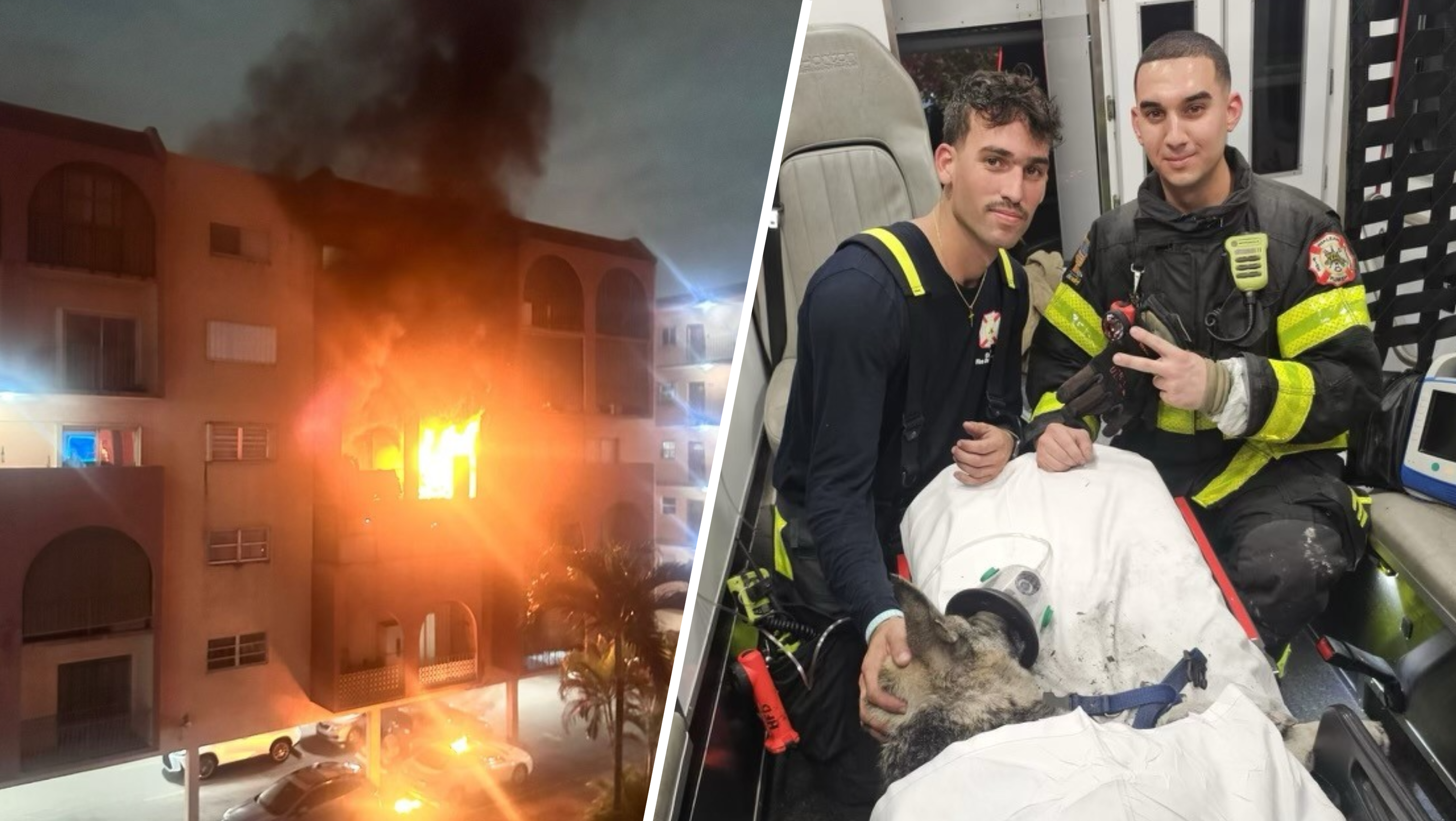Last school year ended with teachers and students trying to make the best of an emergency situation, learning and teaching from home.
At a news media event at a school in Clearwater Wednesday, Florida Gov. Ron DeSantis and state education commissioner Richard Corcoran reiterated a position they took weeks ago: that parents should have the options of keeping their kids home for online instruction or sending them back to classrooms because, they say, remote learning is not only far from ideal, it’s damaging.
“Many students will suffer academic and physical and mental health consequences if they’re not able to get back into the classroom, I think that it’s already happened,” DeSantis said.
“If you don’t give that option, you’re permanently scarring the future lives of a generation of kids so we don’t want to do that, either,” Corcoran added.
School districts around the state, including Miami-Dade and Broward, planned on giving parents three options: full time classroom instruction, distance learning, or a hybrid of the two.
However, Miami-Dade Public Schools announced Wednesday that school would begin with distance learning only, and Broward superintendent Robert Runcie has made a similar recommendation to his school board. The positivity rates in both counties are simply too high, according to experts consulted by the school districts, to allow students and staff back on campus. Both districts are targeting October as a time to start in-person instruction, assuming the pandemic numbers cooperate.
“Science and evidence warns us that putting hundreds and thousands of young people, teachers and staff together in enclosed spaces like school buildings is an invitation for a COVID-19 superspreader event,” said immunologist Mona Mangat, a physician in St. Petersburg. “We know there are going to be cases of COVID-19 once school begins in the school system and currently the state of Florida has less than half the number of contact tracers that are needed.”
Local
She was one of three physicians who took part in a webinar today, sounding the alarms about reopening schools as the pandemic rages.
During the webinar, the doctors, who are members of the Committee to Protect Medicare, said they’re not automatically against reopening schools as long as distancing, mask-wearing, rigorous disinfecting protocols and rapid result testing is done in the schools. They also brought up questions which no one at the state level is answering: what happens when a teacher or student tests positive? Would the entire class be quarantined? Would the entire school have to shut down?
Corcoran has six children and said Wednesday that all six would be physically going back to school at the public schools they attend.
DeSantis has three toddlers, not yet old enough for school.
“But would have no problem and I would absolutely have my kids in school because I do think it’s safe to do so, that this is something that’s very low-risk for kids, I don’t think the science has shown that kids are major vectors of spreading the virus,” DeSantis said.
Contrary to that assumption, children can definitely spread the disease, the doctors in the webinar said.
“So it’s a false sense of security that just because they themselves get sick less often, they are not capable of transmitting the disease,” said Dr. Leo Alonso, an emergency room physician in Jacksonville. “The data certainly shows that, I’m seeing that at work on a personal basis all the time.”
There are other issues to consider. As our local superintendents have been saying for months, the governor said keeping schools home hurts low-income families the most, especially single parents who have no money to spare for child care during the work day.
“It is a fact that for parents, many have had to shoulder a real significant burden without having the option of sending their kids to in-person learning,” DeSantis said.



